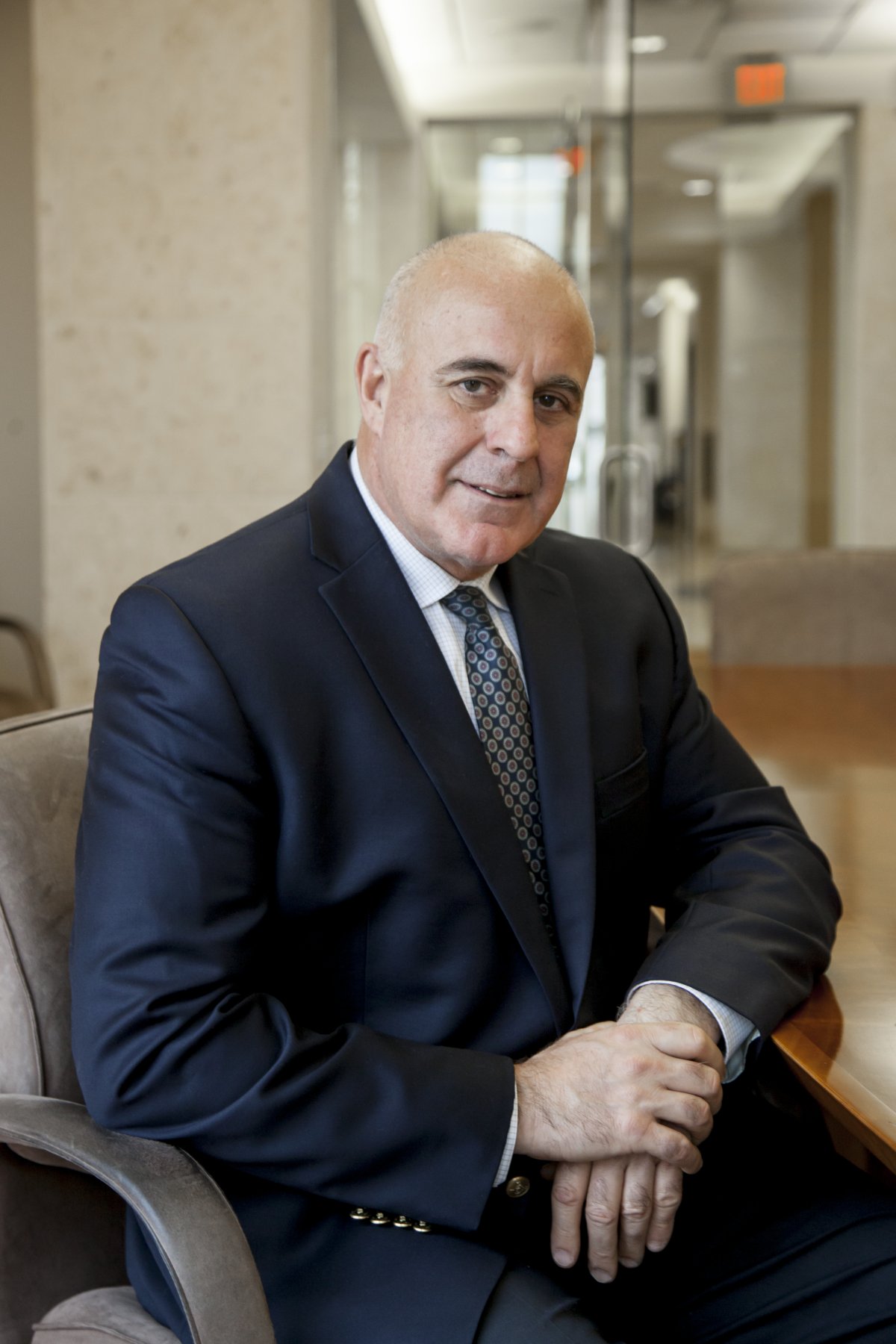Inherent Resilience of Large Cities to Natural Hazard
The Inherent Resilience of Large Cities to Natural Hazards: Records, Evidence and Predictions
A Warren Distinguished Lecture with Nicos Makris, Civil Engineering, Southern Methodist University
Abstract
In the view that cities will continue to house the majority of the world’s population at an increasing rate, in association with climate change, in this seminar Markis quantifies urban resilience by examining the response history of the mean-square displacement of the citizens of large cities prior to and upon historic natural hazards strike. During the talk Markis explains how the mean-square displacement from a random (stochastic) process is intimately related to deterministic, emergent time-response functions. The recorded mean-square displacements of large numbers of cell-phone users from the cities of Houston, Miami, and Jacksonville when struck by hurricanes Harvey (2017), Irma (2017) and Dorian (2019), together with the recorded mean-square displacements of the citizens of Dallas and Houston when those cities experienced the 2021 North American winter storm, revert immediately to their pre-event steady-state response, suggesting that large cities when struck by natural hazards are inherently and invariably resilient. The significant number of records presented in this study also validate a mechanical model for cities, recently developed by the speaker, that is rooted in Langevin dynamics and predicts that following a natural hazard large cities revert immediately to their initial steady-state regime and resume their normal, pre-event activities.
Speaker
Nicos Makris is an internationally recognized expert in structural-earthquake engineering and structural mechanics-dynamics, and he is the Addy Family Centennial Professor in Civil Engineering at Southern Methodist University, Dallas, Texas. Makris received his Ph.D. (1992) and Master of Science (1990) from the State University of New York at Buffalo, USA. He holds a Diploma in Civil Engineering from the National Technical University, Athens, Greece (1988). He has previously served on the faculty of the University of Notre Dame, Indiana (1992-1996); the University of California, Berkeley (1996-2005); the University of Patras, Greece (2003-2019); and the University of Central Florida (2014-2018). He has published more than 130 papers in archival journals and has supervised 15 Ph.D. thesis and more than 40 MSc and 5th year Diploma theses. He has served as the Editor of the journal Earthquakes and Structures; the Associate Editor and the Chair of the Dynamics Committee for the Journal of Engineering Mechanics, ASCE. He is a member of Academia Europaea (The Academy of Europe), a Fellow of the American Society of Civil Engineers (ASCE), a distinguished Visiting Fellow of the Royal Academy of Engineering, UK, and a member of the Congress Committee and General Assembly of the International Association of Theoretical and Applied Mechanics (IUTAM). He has been honored with several international prizes and awards including the George W. Housner Structural Control & Monitoring Medal and the J. James R. Croes Medal both from ASCE, the Walter L. Huber Civil Engineering Research Prize from ASCE, the T. K. Hsieh Award from the Institution of Civil Engineers, U.K., the Shah Family Innovation Prize from the Earthquake Engineering Research Institute (EERI), USA, and the CAREER Award from the National Science Foundation, USA.
During the years 2003-2009, Professor Makris served as the Director of Reconstruction of the Temple of Zeus in Ancient Nemea, Greece:https://www.youtube.com/watch?v=LsxPSeWS52Q
